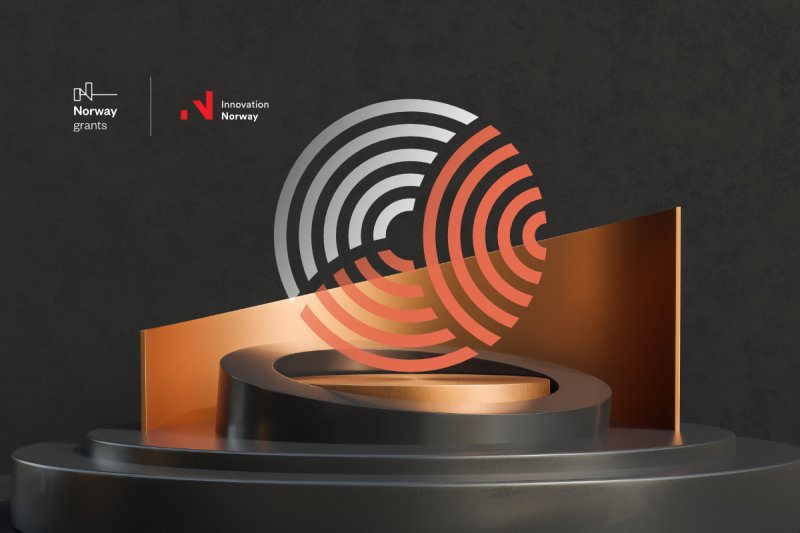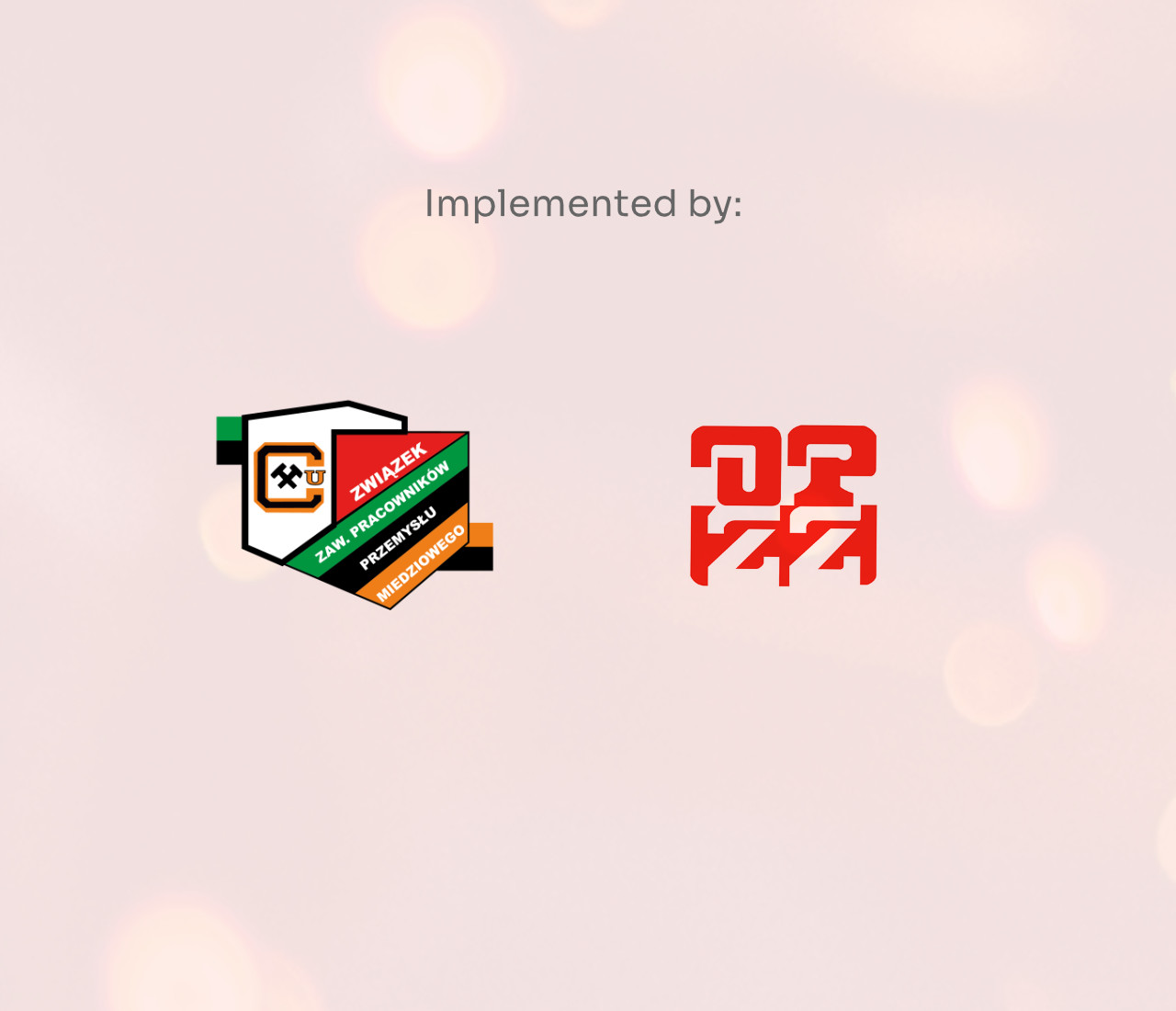The project "Tackle the Ukrainian refugee crisis in Poland by improving social dialogue and cooperation", led by the Trade Union of Copper Industry Workers in Lublin, is an extension of the project "Improving social dialogue and cooperation in Poland" implemented in previous years.
The project aims to implement the strong Norwegian tradition of tripartite social dialogue and experience in bringing together employees, employers and government representatives to solve the current social problem - the influx of refugees from Ukraine to Poland.
The project aims to:
- Strengthen social dialogue and tripartite cooperation by sharing Norwegian best practices on measures to address the Ukrainian refugee crisis in Poland.
- Increasing trust between social partners, including government, leading to better integration policies.
- Building the capacity of the social partners to engage in tripartite social dialogue leading to improved industry, relations and economic and social cohesion.
- Increasing the number of Ukrainian refugees aware of their rights and obligations as workers.
- Inclusion of Norwegian best practices in national workshops and trainings in Poland and raising the awareness of social partners, in particular on the rights and obligations of Ukrainian refugees as workers.
First of all, it is worth explaining to the readers what are the so-called “Norwegian funds” that are the source of financing for the project.
The main objective of the EEA Funds (European Economic Area Funds) and the Norwegian Funds is to reduce economic and social disparities within the EEA and to strengthen bilateral relations between donor and recipient countries. In return for financial assistance, donor countries benefit from access to the EU's internal market even though they are not members of the EU.
In the third edition of the Funds (2014-2021), Poland, with a gross allocation of EUR 809.3 million (out of a total envelope of over EUR 2.8 billion), as in previous editions, became the largest beneficiary of these funds.
The EEA Financial Mechanism and the Norwegian Financial Mechanism are a form of non-repayable foreign aid granted by Iceland, Norway and Liechtenstein to the new EU members – several countries of Central and Southern Europe and the Baltic States.
Programmed under the 3rd edition of the Norwegian and EEA Grants will be implemented until 2024, with the exception of the Bilateral Cooperation Fund, which will be implemented until 30 April 2025.
The Ministry of Funds and Regional Policy (MFiPR) is responsible for coordinating the implementation of the Norwegian and EEA Funds in Poland. National Contact Point (NCP) for Norwegian and EEA Grants. As a NPK, MFiPR has a permanent cooperation with the Office for Financial Mechanisms in Brussels. Individual programs of the 3rd edition of the Funds are implemented by Polish public institutions. Exceptions are ‘Civil Society’ and ‘Social Dialogue – Decent Work’, which are managed by donors (by the Financial Mechanisms Office in Brussels and Innovation Norway respectively). For a complete picture of the situation, it can be added that since 2021 Hungary does not participate in the 3rd edition of the Norwegian and EEA Funds due to the inability to negotiate an agreement with the government in Budapest.
Another question is what kind of experiences and practices present in Norway can be helpful in “managing” this particular situation related to the wide presence of Ukrainian citizens on the Polish labor market? We can start optimistically: Studies show that Ukrainian citizens who left the country due to Russian aggression found their place in the labour market faster than previous groups of refugees. This is shown by both OECD (What we know about the skills and early labour market outcomes of refugees from Ukraine, 2023) and Eurofund (Promoting social cohesion and convergence: Barriers to employment of displaced Ukrainians, 2023). This in itself is a very good and optimistic phenomenon. However, this does not mean that there are no areas where action is not needed.
It is necessary to:
- increase the support of Ukrainian citizens in access to free and high-quality Polish language learning
- increase their knowledge of employee rights and obligations
- make full use of their qualifications and competence increase support for their validation
- because most of the people who left Ukraine are women with children, it is crucial to increase access to institutional childcare
One could list more areas for a long time. However, it is crucial that actions taken by public authorities (government, local authorities) are consulted with the social partners: trade unions and employers' organisations. It is in this area of view of the need to build mechanisms for mutual exchange of information, acquisition and use of experience of both trade unions and employers by the government and local governments that we have a reference to the Norwegian model.
There is nothing to hide – copying experiences is not an easy task, because models of industrial relations are based not only on legal rules but also on unwritten rules and traditions that are more difficult to copy. The Norwegian model is largely based on trust. The basing of it on this element of mutual relations did not fall from the sky to the Norwegians, but it was the result of a gradual learning how to present one's arguments openly, so as not to forget the other's arguments. As we have already stressed, there are many areas where dialogue is needed due to the current situation on the Polish labour market and the presence of Ukrainian citizens on it. The aim of this project is to outline recommendations for tripartite dialogue (Social Dialogue Council, Voivodeship Social Dialogue Councils) as well as bilateral how to better involve social partners in this process.




